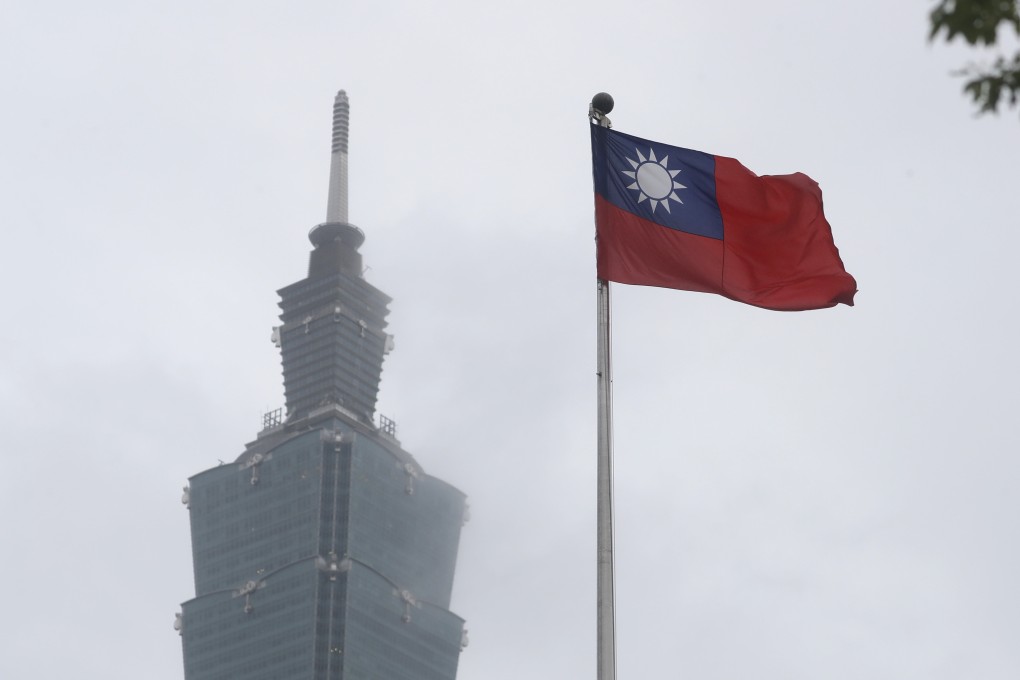My Take | US and China may prefer a joint Kuomintang-TPP presidential win in Taiwan
- With two wars distracting Washington and a faltering economy facing Beijing, both superpowers can live with a more conciliatory government in Taipei

Would Beijing and Washington welcome a joint “blue-white” win in Taiwan’s January presidential election over the current ruling party’s favoured candidate?
A few months ago, cynics would probably say no. The island’s government under President Tsai Ing-wen and her secessionist party, the ruling Democratic Progressive Party (DPP), has served the interests of the United States extremely well in the past eight years.
Tsai has made the island freely available to the Americans whenever they need to provoke Beijing militarily, diplomatically, and/or through sheer international propaganda. Mainland China has, time and again, been put on the defensive. Indeed, under Tsai, Taiwan has become a key instrument of Washington’s “pivot to Asia”, meaning containing the mainland.
Whether that serves the interests of the Taiwanese people – as cross-strait tensions become so high there have been constant warnings about a hot war – is a different matter.
Now, though, the US may need calmer waters in the Taiwan Strait as the international situation in Ukraine and Palestine is getting out of hand.
